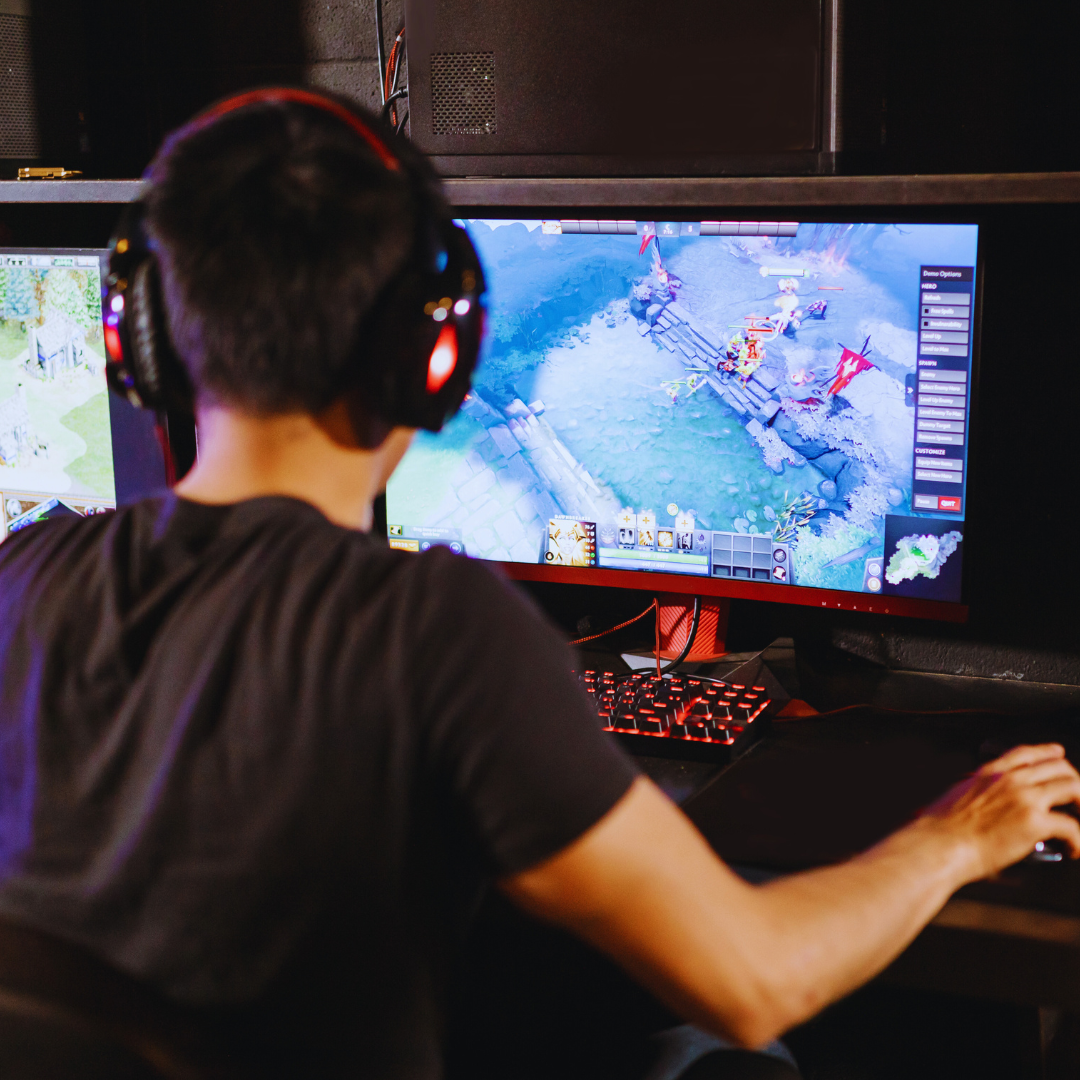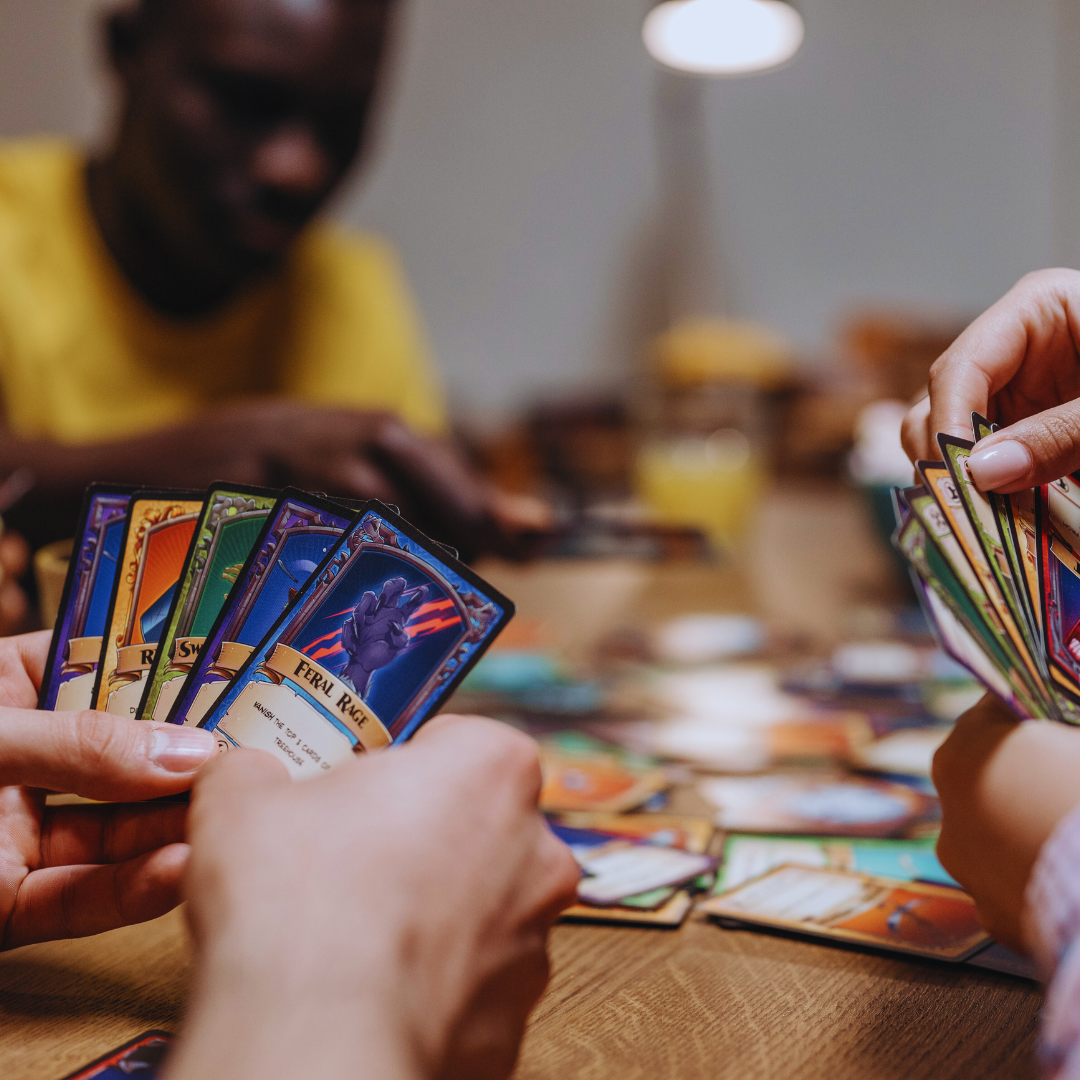Video games have evolved from simple entertainment into tools for cognitive development. Many parents may wonder about the impact of gaming on their children’s abilities, particularly when it comes to critical thinking and problem-solving. Research indicates that engaging with video games can significantly enhance problem-solving skills in children by fostering creativity and innovative thinking.
Through interactive gameplay, children are often presented with complex challenges that require them to strategise and think critically. Educational games, in particular, encourage players to apply their knowledge in practical scenarios, reinforcing their learning while keeping them engaged. This unique combination of fun and challenge allows young minds to develop resilience and adaptability, skills that are increasingly important in today’s world.
As gaming continues to gain recognition in educational settings, it is essential to explore how different genres and styles of games contribute to the enhancement of these vital skills. By providing a space for safe experimentation and creative problem-solving, video games can play a crucial role in a child’s development.
Exploring the Connection Between Gaming and Cognitive Skills
Gaming provides various opportunities for enhancing cognitive skills in children. This section explores how specific types of games, like puzzle and strategy games, can improve intelligence and critical thinking. Additionally, the impact of role-playing games on emotional and social development is examined.
The Role of Puzzles and Strategy Games in Enhancing Intelligence
Puzzle games require players to think critically and analyse scenarios. They often involve pattern recognition, logic, and problem-solving to progress. Games such as Tetris or Portal challenge children to develop spatial awareness and cognitive flexibility.
Strategy games, like Civilization or StarCraft, encourage long-term planning and decision-making. Players must predict outcomes based on their choices, enhancing strategic thinking. Engaging with these games contributes to brain development, as children learn to evaluate risks and rewards, fostering intelligence.
How Role-Playing Games Contribute to Emotional and Social Development
Role-playing games (RPGs) create immersive environments where players navigate complex narratives. These games often require collaboration and teamwork to achieve goals, promoting social-emotional development. Engaging in role-play enhances empathy, as children assume different characters and perspectives.
In RPGs, players face moral dilemmas and character interactions, improving critical thinking and emotional intelligence. The collaborative nature of these games allows for the practice of communication skills and conflict resolution, essential for social skills in child development. Through shared experiences, players develop lasting social bonds.
The Impact of Gaming on Problem-Solving and Decision-Making Abilities
Gaming has a significant influence on the development of problem-solving skills and decision-making abilities in children. Interactive elements and team dynamics in games foster critical thinking and impulse control.
Developing Problem-Solving Skills Through Interactive and Digital Game-Based Learning
Interactive games often present players with complex challenges requiring strategic planning and critical thinking. Children learn to analyse situations, identify possible solutions, and implement effective strategies.
Game-based learning environments encourage a trial-and-error approach. This method allows children to experiment with different tactics, leading to better problem-solving skills as they reflect on their choices and outcomes.
As players engage in these activities, they sharpen their ability to approach real-world problems with confidence. This experience cultivates resilience, allowing them to embrace challenges rather than shy away from them.
Improving Decision-Making and Impulse Control via Team-Based Games
Team-based games require strong decision-making abilities and impulse control. Players must evaluate various options quickly, weighing the advantages and disadvantages of each before acting.
Cooperative gameplay enhances teamwork. Children learn to communicate effectively and make joint decisions, which is vital for successful outcomes. This collaboration nurtures the ability to consider others’ perspectives while making decisions.
The fast pace of many multiplayer games fosters impulse control. Children are guided to think before acting, enhancing their capacity to pause and reflect. This skill translates well to everyday scenarios, where thoughtful decision-making is crucial.
The Psychological and Behavioural Effects of Gaming
Video games have a substantial impact on children’s mental health and behaviour. They can enhance motivation and cognitive growth while also being a source of concern in the context of aggression and violence.
Understanding the Influence of Video Games on Mental Health and Motivation
Video games can significantly influence mental health by providing both positive and negative experiences. Many games encourage players to set and achieve goals, which can be beneficial for motivation.
Engaging with video games often promotes feelings of accomplishment, which can enhance self-esteem. For children facing challenges in other areas, gaming offers a sense of control and mastery.
Conversely, excessive gaming may lead to negative outcomes, such as social isolation or increased screen time without physical activity. Balancing gaming with other activities is essential for maintaining mental well-being.
Assessing the Link Between Violent Video Games, Aggression, and Gun Violence
Research investigating the relationship between violent video games and aggression shows mixed results. Some longitudinal studies suggest a connection between exposure to violent content and aggressive behaviour in children.
While many players engage with violent games without exhibiting violent behaviour, the concern remains that these games could desensitise individuals to real-world violence.
In certain cases, children might mimic the aggressive actions observed in games, which could potentially influence their behaviour in real-life situations. Nonetheless, attributing gun violence solely to gaming oversimplifies a complex issue influenced by various factors, including social environment and mental health.




